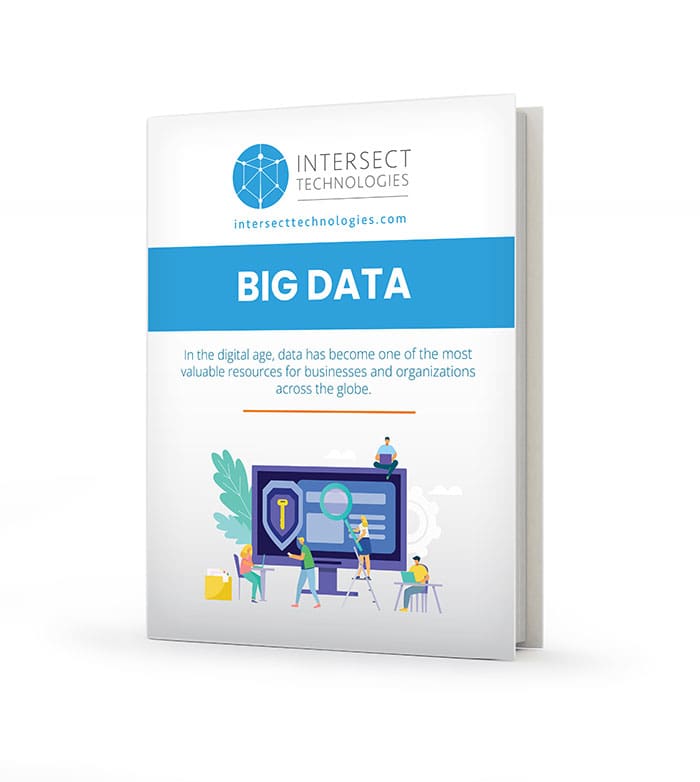In the digital age, data has become one of the most valuable resources for businesses and organizations across the globe. Welcome to our big data white paper, where we’ll break down just what “big data” is and what to do with it.
The vast amounts of data generated every day have given rise to the term “big data” (check out Oracle’s definition!) – a phenomenon that has transformed the way we collect, store, and analyze information.
Where is Big Data Coming From?
- Digital Transformation: The increasing digitization of business operations has led to the generation of vast amounts of data. This includes data from social media, customer interactions, IoT devices, and other sources.
- Data Storage: The development of cloud storage and computing has made it easier and more cost-effective for businesses to store and manage large volumes of data.
- Data Analytics: The development of sophisticated tools for processing and analyzing data has made it possible to extract valuable insights from big data.
Where is Data Being Used?
- Customer Insights: By analyzing customer data, businesses can gain valuable insights into their customers’ behaviors, preferences, and needs. This can help businesses personalize their offerings, improve customer experience, and increase customer loyalty.
- Operational Efficiency: By analyzing data from various sources, businesses can identify inefficiencies in their operations and make data-driven decisions to improve efficiency and reduce costs.
- Product Development: By analyzing customer data and feedback, businesses can develop new products and services that better meet the needs of their customers.
- Risk Management: By analyzing data from various sources, businesses can identify potential risks and take proactive measures to mitigate those risks.
The Drawbacks of Trusting Free Analytics Tools
- Data Quality: Ensuring the quality and accuracy of big data can be a significant challenge, as data is often generated from multiple sources and may contain errors or inconsistencies.
- Data Privacy: Businesses must ensure that they are complying with data privacy regulations when collecting and storing customer data.
- Data Security: With the increasing frequency of cyber- attacks, businesses must ensure that their big data is secure and protected from unauthorized access.
Big data is transforming the way businesses operate, allowing them to make data-driven decisions and gain a competitive advantage. While big data presents significant opportunities, it also presents several challenges that businesses must overcome to realize its full potential. As the amount of data generated continues to grow, businesses must continue to invest in the tools and technologies needed to process and analyze that data effectively.






